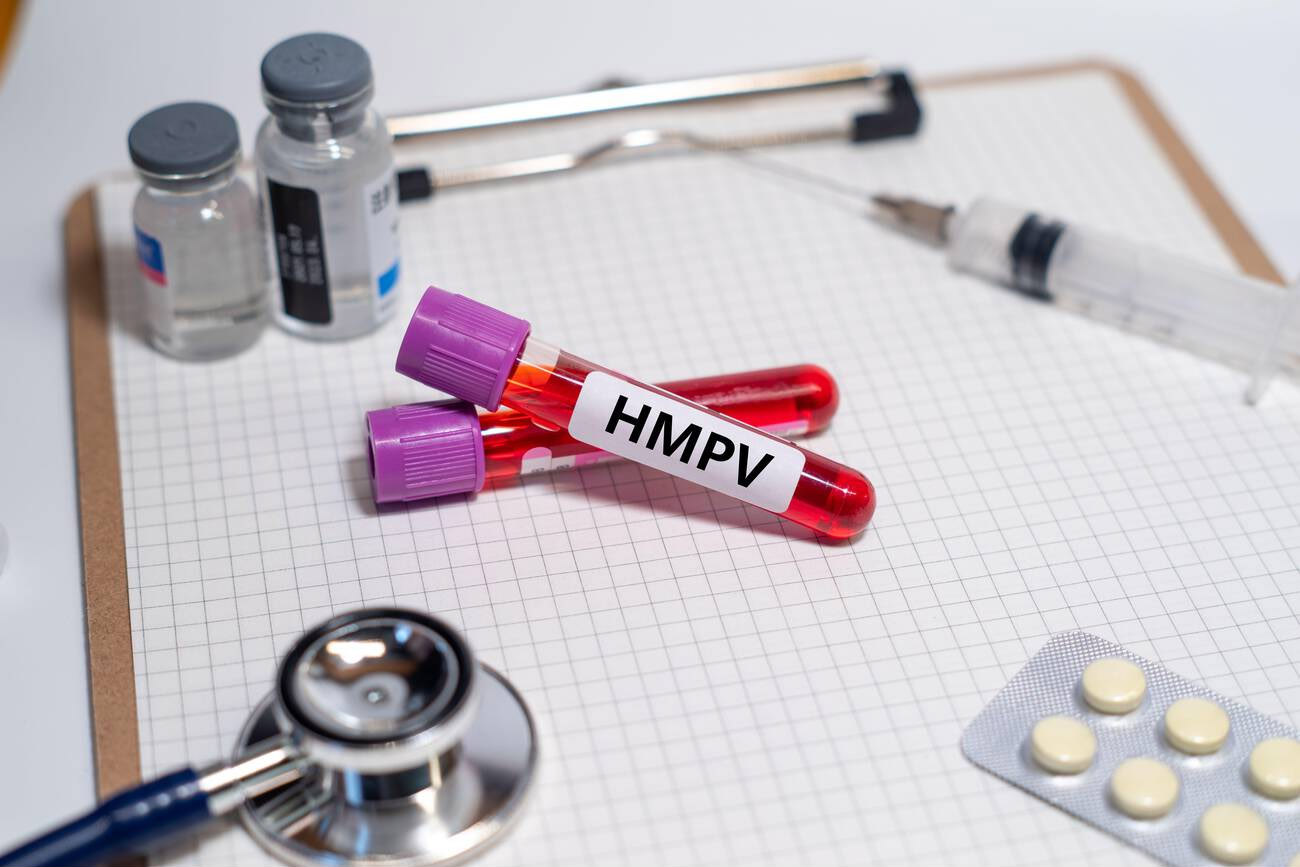NEW DELHI, Jan 12: With rising concerns about the increasing cases of human metapneumovirus (HMPV) in India, health specialists are reassuring the public that the virus is not new and that calmness and basic safety measures are advisable.
HMPV, which leads to upper respiratory infections, has recently come into the spotlight due to an outbreak in China. Although it can affect individuals across all age groups, experts have noted that India has not seen any abnormal spikes in infections.
Typically, HMPV spreads through airborne transmission, especially prevalent in winter and early spring seasons.
“HMPV is not a novel virus; it was first discovered in 2001. While it poses an emerging health risk, there is no cause for alarm. It’s important to be aware of its symptoms, follow precautionary measures, and adhere to testing guidelines to effectively control its spread,” stated Dr. Aabid Amin Bhat, Medical Director at Ujala Cygnus Group of Hospitals.
Common symptoms of HMPV infection include cough, fever, fatigue, respiratory issues, sore throat, body aches, and, in some cases, gastrointestinal problems. “We advise seeking medical assistance if you exhibit any of these symptoms,” he added.
Dr. Madhu Nahar Roy, Director of Internal Medicine at Paras Health Udaipur, emphasized the significance of preventive strategies.
Good hygiene practices such as frequent handwashing, wearing masks in crowded spaces, and maintaining physical distance are effective measures to mitigate transmission risk, as per Dr. Madhu.
He also highlighted the importance of bolstering immunity through a balanced diet, adequate sleep, and regular physical activity.
Experts recommend lab tests, including RT-PCR to detect the virus’s genetic material and antibody tests to identify previous exposure.
“For severe cases, imaging techniques like chest X-rays or CT scans may be recommended to assess respiratory involvement,” Dr. Madhu explained.
Former ICMR Director General Dr. Balram Bhargava mentioned that India’s readiness for HMPV is supported by the extensive infrastructure and experience accumulated during the COVID-19 pandemic.
“Our proactive and rapid testing capabilities, honed through the use of technologies like TrueNat, position us well to manage any potential outbreaks,” he added.
“We have shown that India not only achieved self-sufficiency in testing during the COVID-19 pandemic but was also able to export testing kits globally,” he stated.
Dr. Bhargava, who took on a role as an independent director at Molbio Diagnostics late last year, remarked on the ongoing challenges posed by the evolution of various viruses and parasites. “It is crucial for everyone to remain vigilant and proactive in the face of emerging health threats, including HMPV,” he noted.
“Staying updated on vaccinations, adhering to public health guidelines, and practicing good hygiene are vital steps each individual can undertake to protect their health. By remaining informed and engaging in preventive health measures, we can reinforce our community’s resilience against health crises,” he emphasized.
Dr. Ashok Kumar Singh, a senior consultant in Pulmonary and Critical Care Medicine at Regency Hospital, Kanpur, underscored the vital role of public awareness in curbing the spread of HMPV. “Individuals should stay informed through reliable sources and adhere to public health recommendations,” he advised.
“Early detection and preventive care are our strongest allies in fighting the virus. By collaborating and taking proactive steps, we can safeguard public health and mitigate the virus’s impact,” he added.
The Indian Council of Medical Research (ICMR) has reassured the public that HMPV has been circulating globally, including in India, without a significant rise in influenza-like illness (ILI) or severe acute respiratory illness (SARI) cases.
The government is also confident in India’s ability to handle any potential increase in respiratory illnesses. (PTI)


Leave a Reply